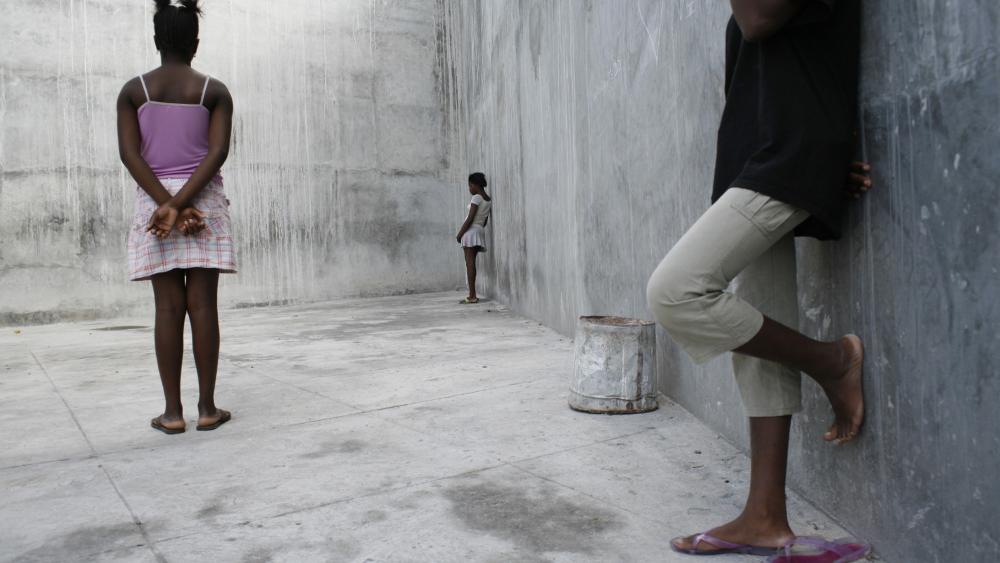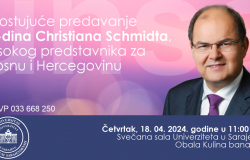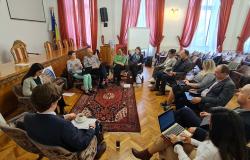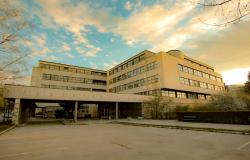The Global Campus of Human Rights: MOOC Children Deprived of Liberty: Learning from the UN Global Study

Start date and duration: 18 November 2019 to 19 January 2020
Free enrolment: until 31 December 2019.
There is a significant number of children in the world who are locked away. They are placed in all kinds of institutions, including places for children with disabilities, in police custody, prisons, migration-related detention and other places. Deprivation of liberty constitutes a form of structural violence against children: it means deprivation of rights, visibility, opportunities and love. Depriving children of liberty is depriving them of their childhood.
The Global Campus of Human Rights, with their main aim to promote human rights and democratisation through education, specialised training and research, and via a global network of regional partners designed the MOOC Children Deprived of Liberty: Learning from the UN Global Study. This unique MOOC stems from the UN Global Study, led by Manfred Nowak, and provides insights, learning and recommendations in this important area at the crossroad of children, violence, and human rights studies.
Among others, the course is taught by the following academics and experts drawn from all regions of the world, such as: Ann Skelton, Chair of the UN Global Study Advisory Board and member of the UN Committee on the Rights of the Child/University of Pretoria, South Africa; Jo Becker, Human Rights Watch; Catalina Devandas Aguilar, UN Special Rapporteur on Persons with Disabilities; Ursula Kilkelly, University College Cork, Ireland; Vitit Muntarbhorn, Chulalongkorn University, Thailand; Marta Santos Pais, former SRSG on Violence against Children; and Manfred Nowak, Secretary General of the Global Campus of Human Rights.
It is articulated in four modules:
Module 1 focuses on the general framework of the Study (legal standards, guiding principles, definitions, objectives and methodology).
Module 2 deals with cross-cutting themes such as the right to personal liberty, children’s participation, disability, gender and health.
Module 3 is dedicated to the six focus areas of the Study: administration of justice, children living in places of detention with their primary caregivers, migration-related detention, children deprived of liberty in institutions, in armed conflict and for national security reasons.
Module 4 reveals the ‘behind the scenes’ of the making of the UN Global Study, including challenges, opportunities, recommendations and the way forward.
For more information, follow this link.







